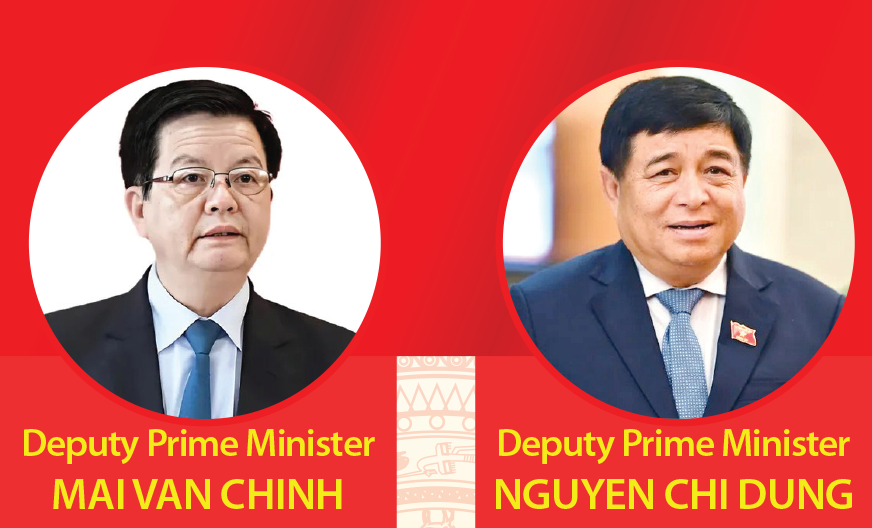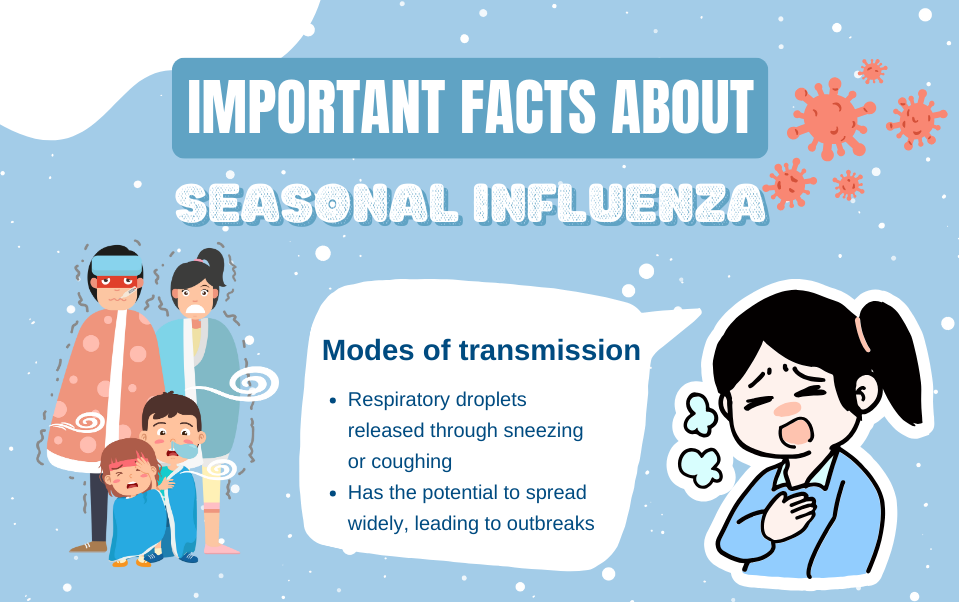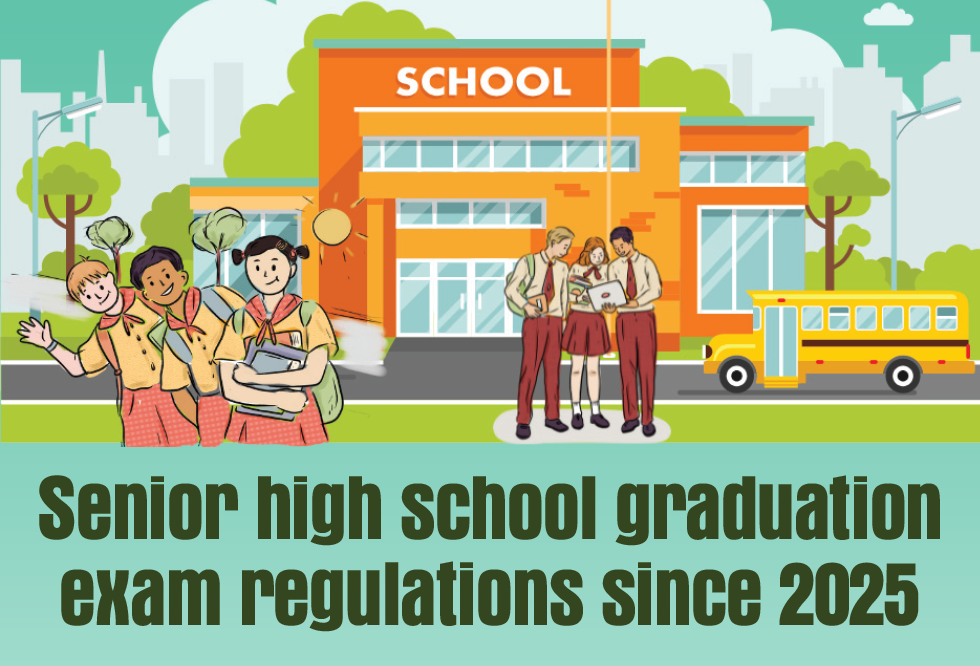Solutions for combating fake news and disinformation discussed in Da Nang
Deputy Minister of Information and Communications Nguyen Thanh Lam, on Tuesday, chaired the ASEAN Regional Forum on responding to and handling false information in cyberspace in Da Nang.
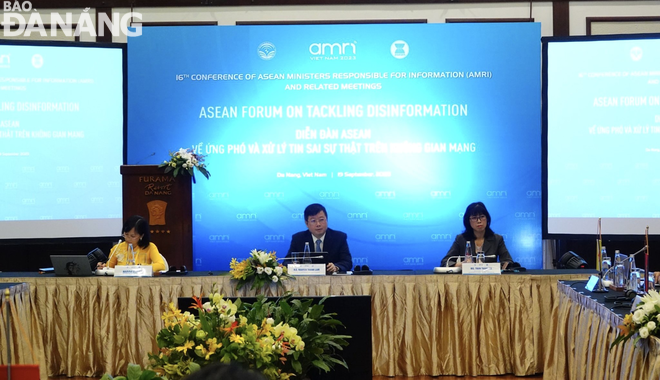 |
| Deputy Minister of Information and Communications Nguyen Thanh Lam (centre) chaired the forum. Photo: M.Q |
This is an activity within the framework of the 16th Conference of ASEAN Ministers Responsible for Information (AMRI) meeting and related senior officials' meetings themed “Media: From Information to Knowledge for a Resilient and Responsive ASEAN”.
In his opening speech at the forum, Deputy Minister Nguyen Thanh Lam said that, since 2017, ASEAN has carried out many activities to increase awareness on dealing with the harmful effects of fake news, including programmes and seminars to share management policies and campaigns to improve people's understanding of digital technology as well as experience between electronic information management agencies.
At the 14th ARMI in 2018, the framework and joint statement on minimising the harmful effects of fake news were adopted.
At the 19th Senior Officials Meeting Responsible for Information (19th SOMRI) in Thailand in 2022, Viet Nam proposed establishing an ASEAN response team on fake news to strengthen cooperation, share information, and propose feasible solutions to prevent and combat fake news.
After that, the initiative was officially approved and the ASEAN Task Force on Fake News was established. However, activities mainly focused on sharing experience of management agencies in different countries.
Therefore, the forum created an open exchange space between State management agencies, press units, cross-border platforms and relevant parties to further strengthen the role of research agencies and media units in other countries, hereby affirming the determination of ASEAN countries to minimise the harmful effects of fake news.
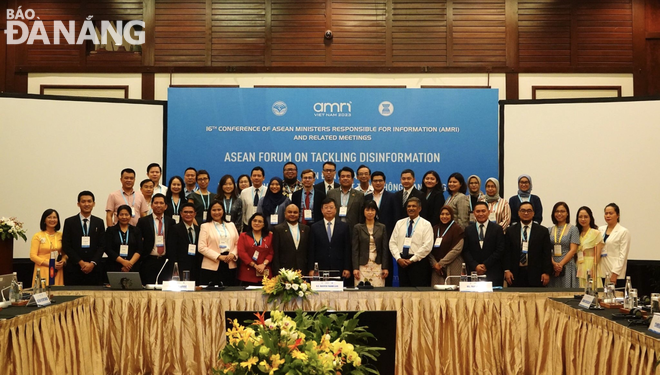 |
| The forum attendees. Photo: M.Q |
The forum was attended by representatives of electronic information management agencies of eight ASEAN countries; press agencies of ASEAN countries; and a number of cross-border platforms (Google, Tiktok), plus the ASEAN Secretariat.
It featured two main content parts. Part 1 highlighted the great efforts made by ASEAN countries in joining hands to fight and handle fake and false news; recommended measures for the future; shared experiences from countries in the region and press and media agencies; and adopted policies promoting digital literacy and platforms' policies on dealing with fake news, misinformation and safety guidelines when participating online.
Meanwhile, the second part of the event featured discussions about cooperation recommendations and measures for handling fake news and false information in cyberspace.
Reporting by M.QUE - Translating by M.DUNG




